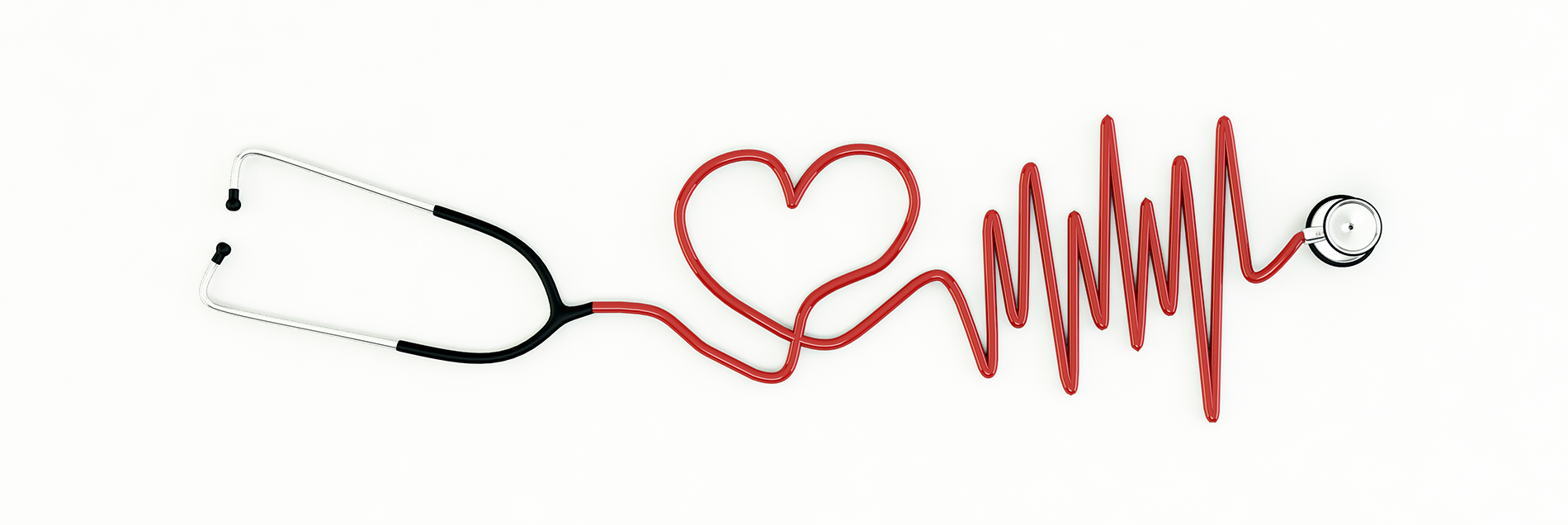Quite a few medications have proven to work at treating postural orthostatic tachycardia syndrome (POTS), although the potency of a specific medication may be affected by the sort of POTS diagnosed. The information that you provide and the outcomes of the assessment are utilized to figure out which autonomic tests are performed next.
If you must demonstrate that your condition makes it difficult or impossible that you work, it’s strongly advised that you enlist the guidance of an expert Social Security Disability attorney who can help you gather an extremely strong application. The condition can occur in many distinctive disorders. Several common conditions like diabetes and alcoholism can incorporate dysautonomia.
Some patients might be sensitive to caffeine and it ought to be limited, particularly in the event you suffer from hyperadrenergic POTS. Each patient experiences a different group of symptoms and degree of impairment, based on the regions of their ANS impacted and to what degree.
Some patients can overcome naturally over time, so that they don’t have to get followed up as often as more symptomatic patients; they still need to be fully evaluated for a treatment plan. Patients ought to be evaluated by means of a doctor who is well-versed in the recent therapy modalities. Often POTS patients have worse symptoms in the early hours, and it could be recommended to schedule events into the afternoon.
Physician issues with POTS
A prosperous diagnosis often results from collaboration between numerous specialists. The disorders are thought to be genetically distinct from one another. For instance, some of the particular dysautonomic disorders cause a substantial risk of fainting, which would make working at several sorts of jobs very hazardous. In many instances, symptoms aren’t visible and occur internally. The major symptom is fainting, also referred to as syncope.
At present, there’s no cure and symptoms have to be managed as they arise. Many times, however, there’s no cure. There is typically no cure for dysautonomia. As a consequence, there’s no cure and no therapy. Most treatments aim to lessen symptoms. Medication alone can’t stop the symptoms of POTS… for now.


